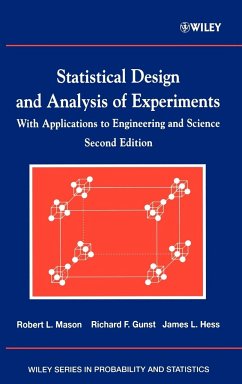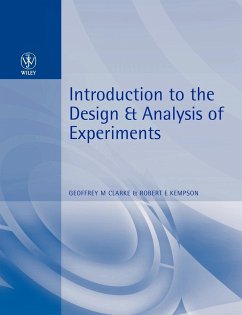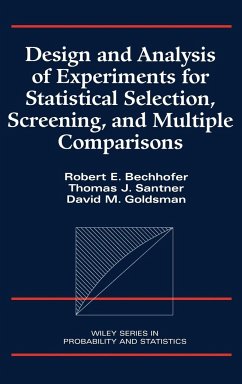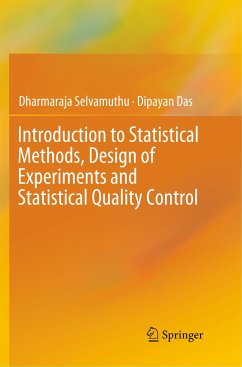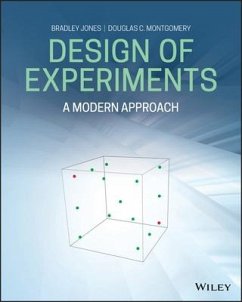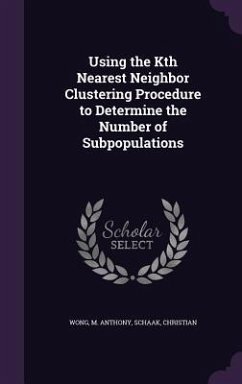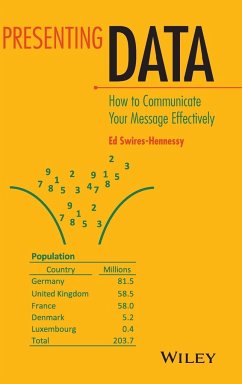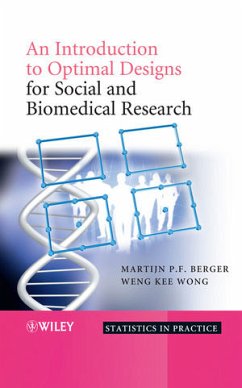
Introduction to Design and Analysis of Experiments
Versandkostenfrei!
Versandfertig in über 4 Wochen
189,99 €
inkl. MwSt.

PAYBACK Punkte
95 °P sammeln!
Data analysis is an interpretive activity. George Cobb's goals in Introduction to Design and Analysis of Experiments are to explain how to choose sound and suitable design structures and to engage the student misunderstanding the interpretive and constructive nature of data analysis and experimental design. Developed over years of classroom use, this text can be used as an introduction to statistics emphasizing experimental design. Technical prerequisites are kept to a minimum. It can also be used as an elementary graduate survey course. Cobb's approach and careful exposition allow students to...
Data analysis is an interpretive activity. George Cobb's goals in Introduction to Design and Analysis of Experiments are to explain how to choose sound and suitable design structures and to engage the student misunderstanding the interpretive and constructive nature of data analysis and experimental design. Developed over years of classroom use, this text can be used as an introduction to statistics emphasizing experimental design. Technical prerequisites are kept to a minimum. It can also be used as an elementary graduate survey course. Cobb's approach and careful exposition allow students to build a deep understanding of Statistical concepts over time as they analyze and design experiments. He presents the Statistics concepts over time as they analyze and design experiments. he presents the field of statistics to students as a matrix, rather than a hierarchy, of related concepts. This text introduces the main concepts of Statistical thinking in the context of experimental design and ANOVA, allowing the material to be covered in half of the usual time. Introduction to Design and Analysis of Experiments was originally published by Springer-Verlag, New York and is now being reprinted by Key College Publishing. It is available for sale from either publisher.



